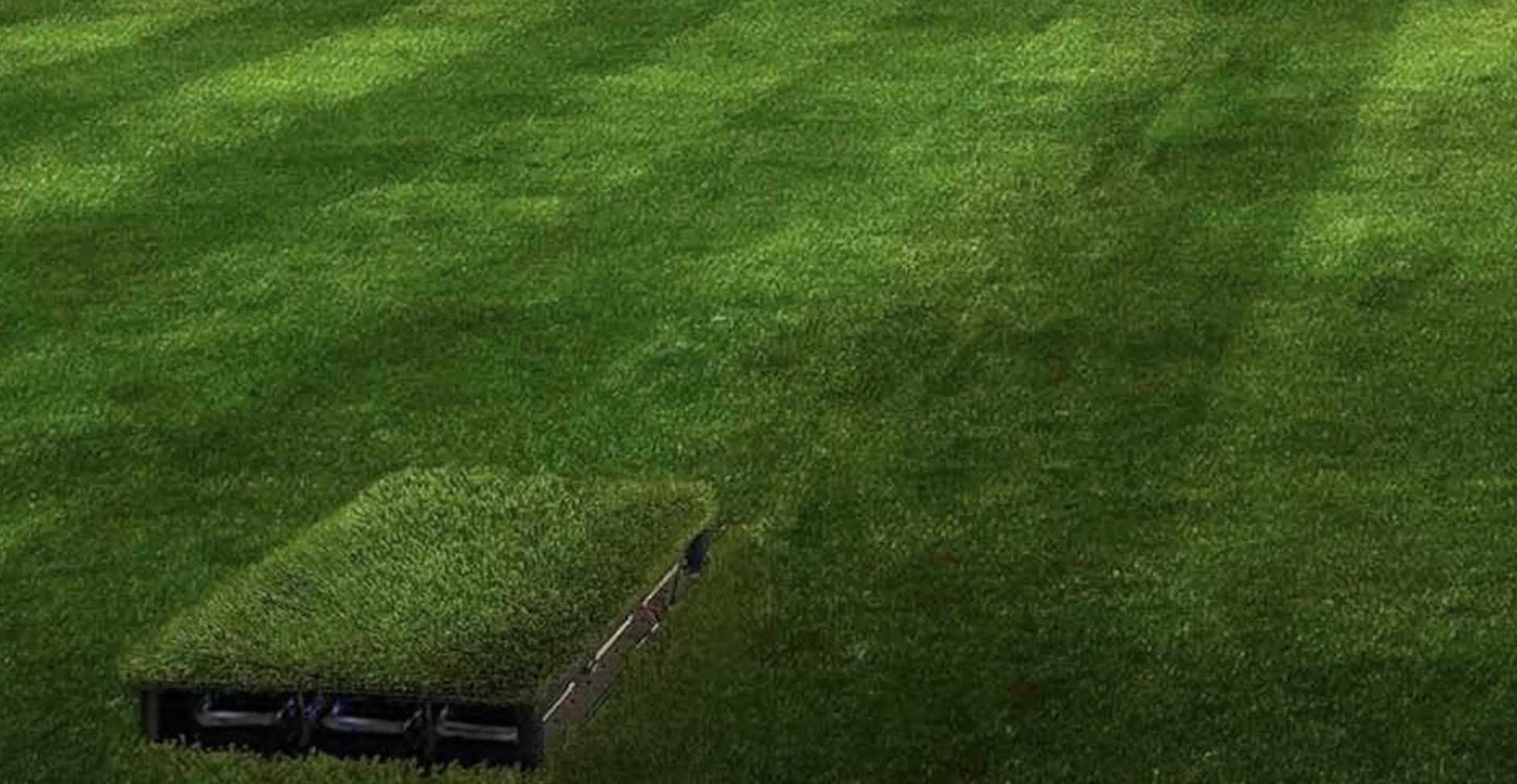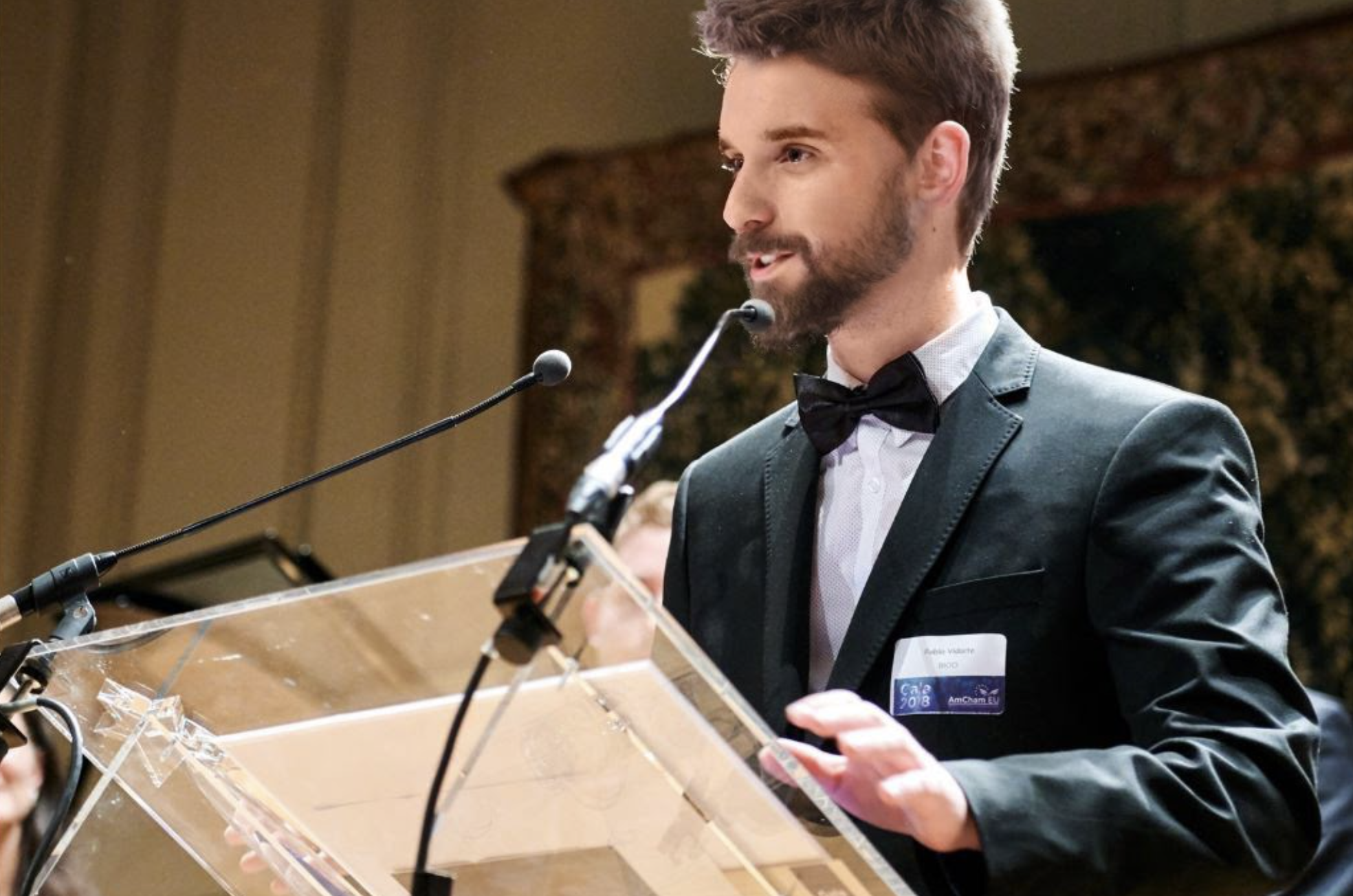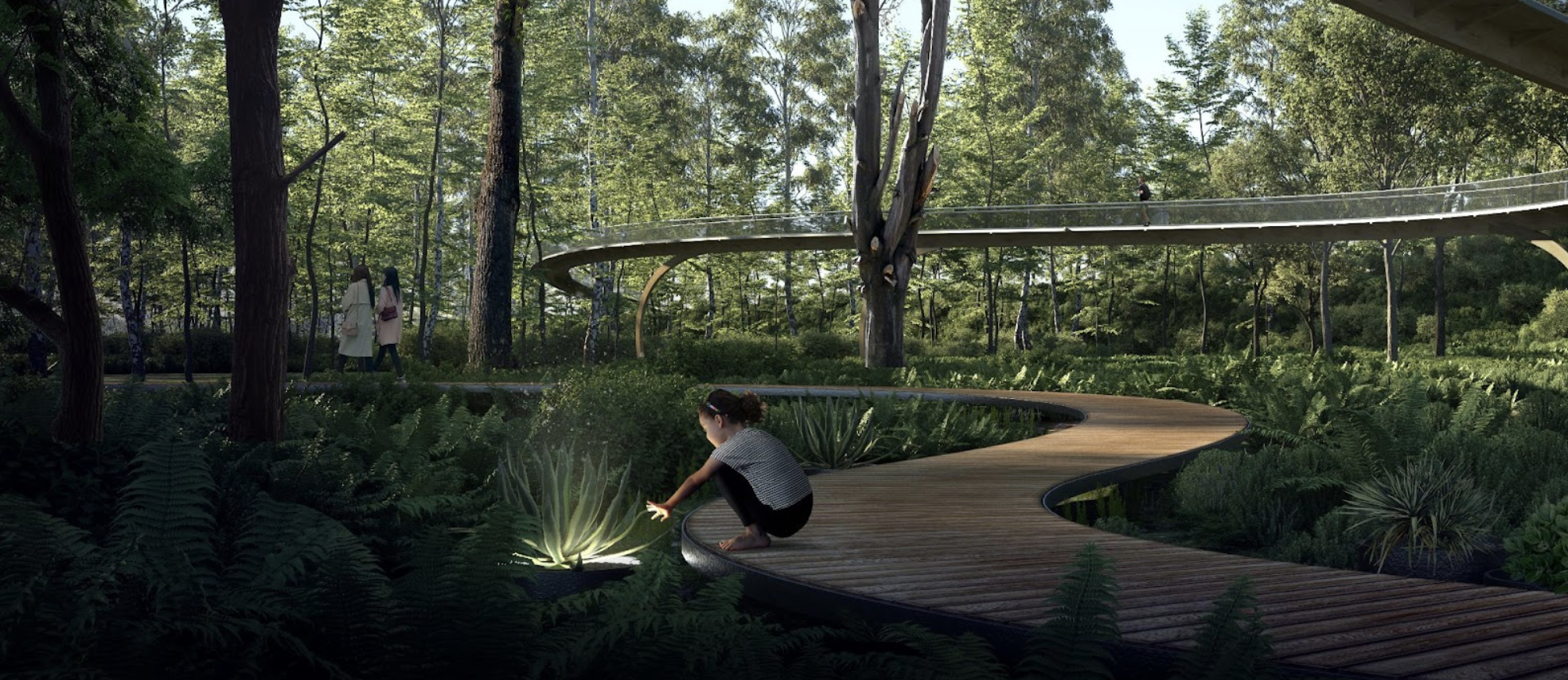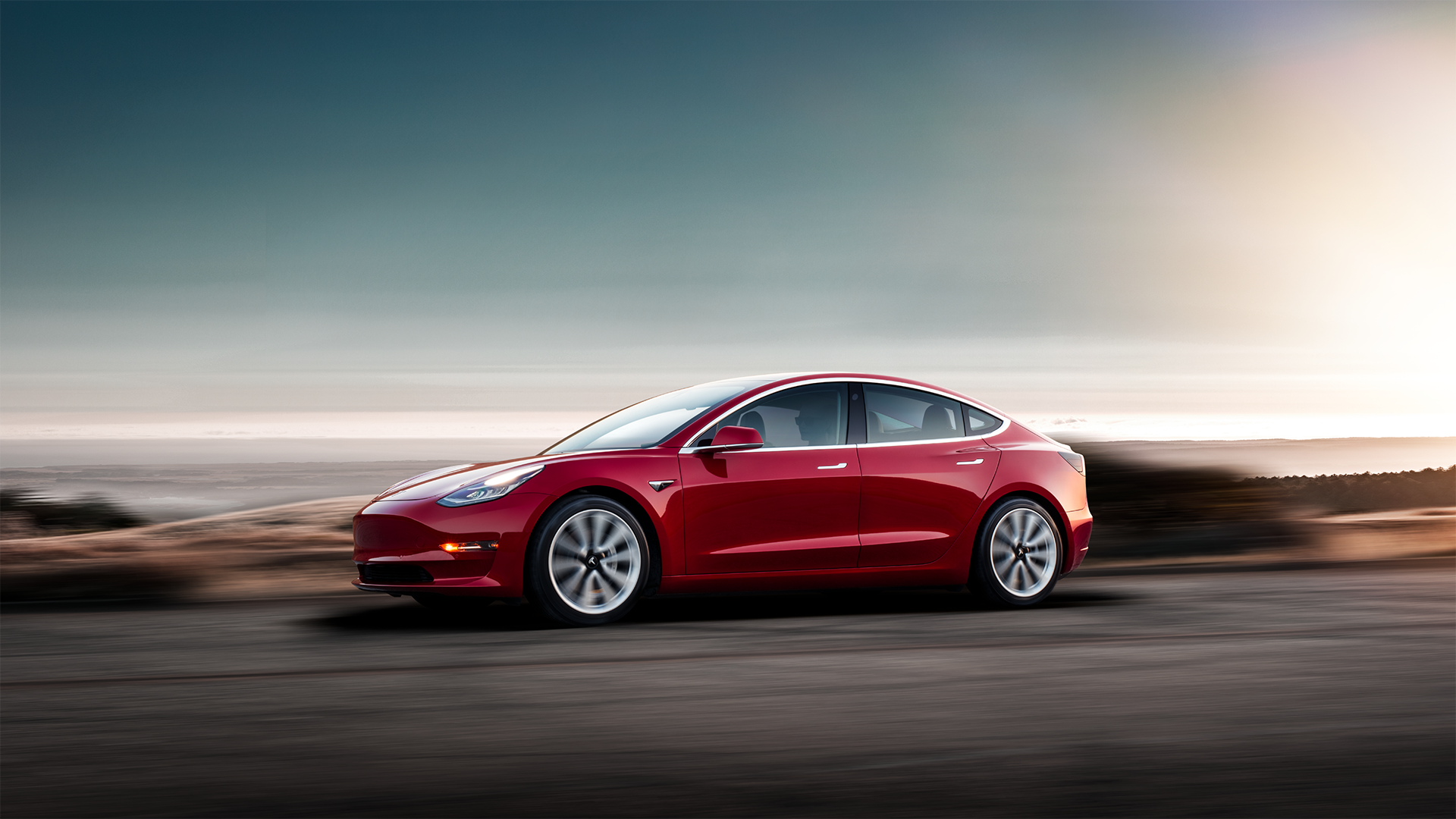Currently most of the planet’s clean energy comes from the wind, sun and water. The pagans in the audience might have already noticed that one of the four classical elements is missing in that equation: the earth.
Geothermal energy currently makes up less than 1% of global power generation, but now one Barcelona-founded startup is building batteries that harness the largely untapped reserves of power in our soil.
Bioo has developed bio-reactors that generate electricity from the energy released when organic matter decomposes.
Like regular batteries, Bioo’s reactors have an anode and a cathode but instead of using elements like lithium, they use organic soil matter as fuel. As the soil matter decomposes, it releases electrons, which are then transported from the anode to the cathode to create electric power.
They come in the shape of rectangular boxes that are dug into any kind of fertile soil, and can currently produce up to 200Wh/year per square metre.

And while Bioo batteries’ uses are currently limited to low-power applications, Bioo founder and chief executive Pablo Vidarte believes that the technology could compete with large-scale solar installations in the not-so-distant future.
“Under lab conditions, our biological batteries were able to reach up to 40 constant watts per square meter. This would be really competitive against solar panels,” he says. “It's something that we are going to see in the next 10 years. Bear in mind that since we began with Bioo, our energy outputs have been multiplied by 1000 times and we're currently increasing them every quarter.”
And even though these soil-based batteries aren’t yet about to replace the huge power plants that fuel our homes and shopping malls, they are already proving useful in one major industry: agriculture.
Big savings
As the internet of things meets the internet of farms, large-scale crop producers are increasingly using huge networks of sensors to monitor growing conditions like soil moisture, pH and air temperature.
90% of the power used to run these sensors comes from traditional chemical batteries which, unlike Bioo’s biological batteries, deplete.
“Chemical batteries require replacement every year or every few years, and that literally means an army of workers to replace them,” says Vidarte. “Our biological batteries aren’t just less expensive when talking about fixed price, but also because [customers] won't have to replace batteries.”

Vidarte says that Bioo batteries used for sensors cost less than €1 to buy, as opposed to €4–10 for chemical batteries, adding that their installation is also cheaper and easier than solar-powered sensor networks.
Bioo is now partnering with major corporate agricultural producers like Bayer Crop Science, which will begin rolling out the soil-powered sensors in 50m hectares of agricultural land. The corporation predicts it could save €1.5bn annually from using the startup’s technology.

Other applications
Aside from agriculture, Bioo batteries are now also being installed in shopping malls, offices and hospitals to generate clean power for lighting. The startup recently closed a deal with Sanitas, a Spanish subsidiary of private healthcare company Bupa, and will soon start work on soil-powered lighting installations in its 700 hospitals.
And as Bioo keeps honing its technology, Vidarte is convinced that soil-generated electricity will go from being a big idea to a big section of the global energy market: “We're going to see a huge change, because people are even going to see these batteries in their own gardens. That is going to be the moment of change.”


